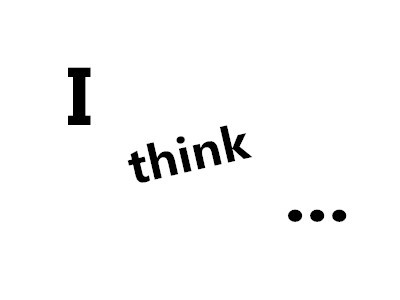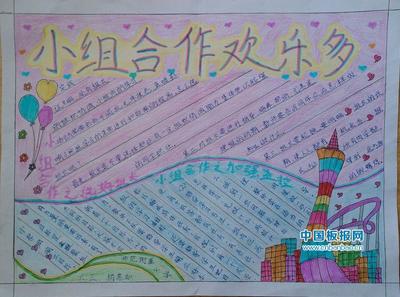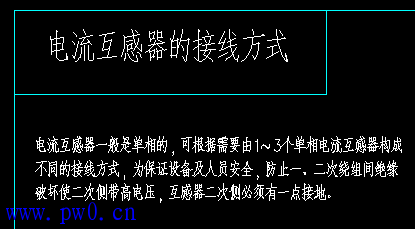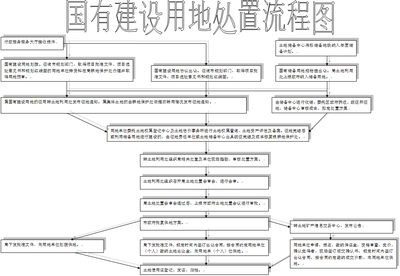当句子的主语、宾语或状语需要强调时,我们常采用下列强调句型:
It is / was + 被强调部分 + that / who + 其他成分
详解
1、It后面的动词be只有is或was两种形式,而没有willbe, will have been,were等形式。用is还是用was要视原句的时态而定,that /who后面的动词是过去式,用was;是现在或将来式,用is,前后时态要呼应。
It was in the street that Isaw her yesterday.
It is tomorrow that I’mgoing to Beijing.
It is tomorrow that she willmeet her father at the airport.
2、强调的主语、宾语表示人时,用that,who皆可。如果是物,常用that。此外,强调作主语的人称代词时,用主格代词;强调宾语时,用宾格代词。被强调部分若是原句的主语,who/ that之后的谓语动词在人称和数上应与之保持一致,
It is I who am a student.
It is he who is right.
It was they who were right.
3、强调时间、地点、原因、方式等状语时,不用when, where,why或how等,而用that。
It was this morning that I saw Li Ping in the street.
It was in the park that I met LiPing.
It was because she was ill that theydidn’t ask her to do the job.
4、该句型不能用于强调让步状语从句、比较状语从句、以since,as引导的原因状语从句以及表语从句。
5、疑问句的强调结构:
一般疑问句:Is / Was +it + that +句子的其他部分(陈述语序)。
特殊疑问句:特殊疑问词+ is /was + it + that +句子的其他部分(陈述语序)。
Was it at eight o’clock that you began to work?
What is it that makes this kind of fish different from otherfish?
How was it that you missed such a fine lecture?
6、如果原句含有 not…until(短语或从句),变成强调结构时,应把 not和 until 一并置于be之后。
It was not until I told her that she knew anything aboutit.
It was not until his father came in that the boy began toprepare his lessons.
It was not until she took off her dark glasses that Irealized she was a famous film star.
7、被强调部分既包括人又包括物,用that不用who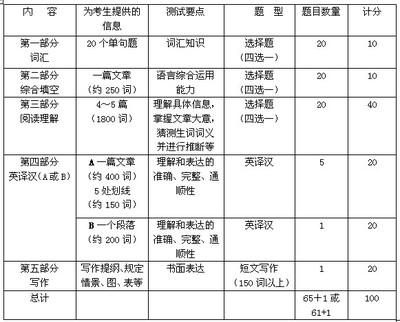
lt was the things and people that they remembered that they weretalking about.
8、含有“It is / was …that…”的句子不一定都是强调句,因此应当注意加以区别,以防在语义上产生偏差。这里有 一检验的方法,即:去掉“It is /was …that …”之后,仍能组成一个完整的句子,表达完整的意思,则是强调句,否则就不是强调句。
It is the factory where he worked several yearsago.
(不是强调句)
It was in the factory that he workedseveral years ago.
(强调句)
Is it three years since he became a PLAman?
(不是强调句)
Is it three years ago that he became a PLAman?
(强调句)
It is clear that he is round and tall likea tree.
(主语从句)
强调的其他形式
一、利用倒装结构或句首强调(倒装结构和句首强调可以强调表语、宾语或状语等)
Great progress you’ve made this term.(宾语)
Here comes the bus.(状语)
Hardly did I meet him in the daytime.(否定结构)
A flying Kate it certainly was.(表语)
二、助动词do、does、did用于肯定句或祈使句中表示强调
助动词do、does、did用于肯定句或祈使句中时,一般将它们译为“务必”、“一定”、“确实”等。
Docome here early.(一定早点来。)
She did send you the gift last week.(她上周确实送这件礼物给你。)
Mary does love you.(玛丽确实喜欢你。)
三、用定冠词the,指示代词that、this或“代词所有格+ very”表示强调
The very sight of you makes me miss Peter.(一见到你我就想念彼得。)
He will do his very best to overcome thetrouble.(他一定会竭力克服这个难关。)
The accident happened on that veryday.(事故正是发生在那一天。)
四、在形容词、副词的比较级前加修饰成分much、still、even、alittle、a lot、a great deal、far等表示加强语气的强调手法。
My brother is much fatter than before.(我的哥哥比以前更胖了。)
Playing basketball is a lot more exciting than playingvolleyball.(打篮球比打排球更加令人兴奋。)
His idea is playing an even greater role inteaching.(他的意见在教学中起着更为重大的作用。)
It is far, far better thing that I do, than I have everdone.(这是我干过事情中最好的。)
五、用atall置于否定句、疑问句、条件从句中以加强语气的强调手法
He dosen’t say sorry at all for the mistakes (that) he hasdone.(他对自己的错误竟不说声抱歉。)
Do they come to the meeting at all?(他们究竟有没有来参加会议?)
If you go at all, better start beforesunrise.(如果你真的要走,最好在日出前动身。)
六、句子中使用in the world或onearth,用于疑问句及否定句,表示“究竟”、“到底”的意思。
Whaton earth are you doing here? (你究竟在这儿干什么?)
Where in the world have you been?(你究竟去了哪里?)
Nothing on earth will satisfy her.(她永不知足。)
七、用ever +疑问代词或疑问副词的结构在句中屡见不鲜,同时也可以用来加强so及such的语气。
Whatever did you tell our teacher yesterday?(你昨天究竟跟老师说了什么?)
Where ever did you find my lost bike?(你究竟在哪里找到我那本丢失的书的?)
How ever can we finish the homework in such a short period oftime?(我们究竟怎样能够在如此短时间内完成作业?)
There are ever so many legends about the GreatWall.(关于长城有许许多多的传说。)
Li Ping is ever such a clever boy.(李平是个极其用功的好男孩。)
 爱华网
爱华网